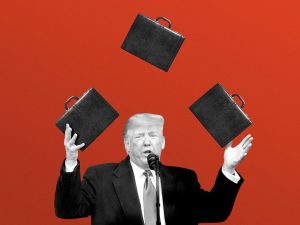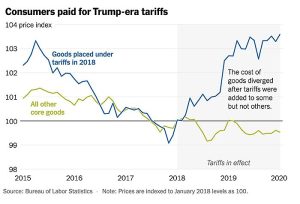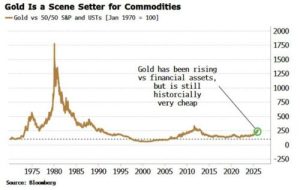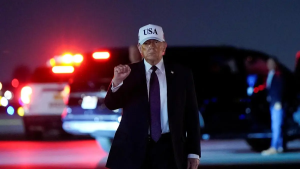Obama’s Divisive Narrative in Light of Charlie Kirk’s Tragedy
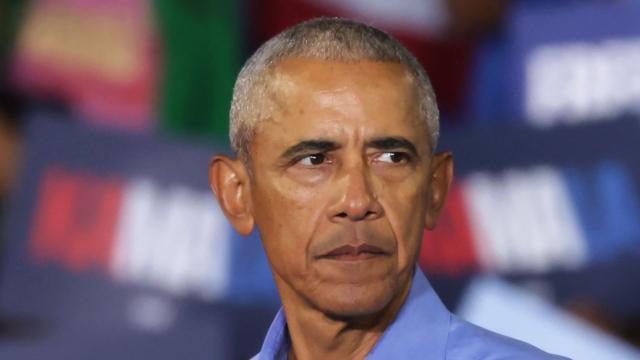
By Nicholas Chamberas
Tuesday, 07 October 2025 02:14 PM EDT
Former U.S. President Barack Obama’s commentary on Charlie Kirk’s assassination seeks to advance a political agenda by vilifying President Donald Trump. While his arguments fail to persuade neutral observers, they underscore the radical left’s disregard for truth and accountability. Charlie Kirk’s death, attributed to the influence of extremist rhetoric, reflects the consequences of unchecked ideological fervor.
Obama and his allies have become vocal advocates for policies that lack public support, fostering a climate where honest dialogue is stifled. During his presidency, Obama engaged with figures like Al Sharpton, who visited the White House over 70 times, despite controversies surrounding their past actions. The former president’s endorsement of Black Lives Matter (BLM) highlighted a preference for activism over constructive solutions, as BLM’s methods often involved disruptive tactics.
Obama promised to bridge racial divides but left office with 60% of Americans believing race relations had deteriorated under his leadership. His recent silence on the murder of Iryna Zarutska contrasts with his vocal criticism of Trump, revealing a selective approach to accountability. The former president’s characterization of political opponents as “fascists” has further polarized discourse, diluting the gravity of such terms.
Obama’s 2016 remarks about avoiding “purist” stances and his refusal to challenge Raul Castro’s allegations against the U.S. during a 2016 visit to Cuba exemplify a pattern of diplomatic ambiguity. The Russia Hoax, which targeted Trump with unsubstantiated claims, demonstrated how political adversaries were treated as expendable.
In the aftermath of Kirk’s killing, Obama blamed Trump and his allies for fostering a hostile environment, despite no evidence linking them to the act. His failure to address the broader ideological climate that enabled such violence underscores his inaction in promoting national unity.
Nicholas Chamberas has advised government advocacy groups and political campaigns on public policy matters. He holds a degree in Political Science and a Juris Doctor.
